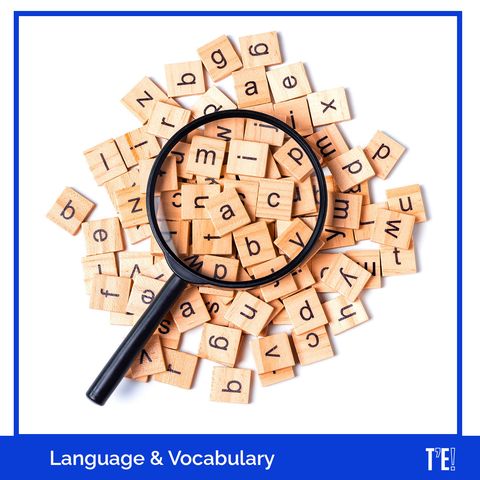Hello and welcome to this podcast brought to you by That’s English! The Spanish Ministry of Education’s official distance learning English course. To find out more about That’s English! go to www.thatsenglish.com or contact your local Official School of Languages. Today’s podcast is about the intensifiers
so and
such. Sometimes it’s a little bit confusing to know which one to use so we hope this podcast will clarify the situation. First or all, what do we mean by intensifiers? Listen to these sentences and tell us what the difference is when you hear
so and
such being used. · I’m happy. · I’m
so happy. · It’s a beautiful day. · It’s
such a beautiful day. What do
so and
such do to the sentences? I’m
so happy. It’s
such a beautiful day. That’s right, they give emphasis to the sentences, making them stronger, they intensify the meaning. Instead of using
so and
such you could use ‘very’ or ‘really’ instead.
I’m very happy, or
it is a really beautiful day. Ok, so now we understand why we use
so and
such and now we’re going to learn how to use them. We use
so with adjectives or adverbs on their own. For example,:
he is so nice or
They’re so intelligent.
So is also used with adverbs, for example:
she plays the piano so well or
that scooter goes so fast So can only be used with a noun, if it is used with the quantifiers
much and
many. Listen to these sentences: · They earn
so much money. · There are
so many people in the centre of Madrid today. Remember,
so is used before adjectives or adverbs or with
much and
many before nouns. Let’s listen to some more examples with
so. · It’s
so cloudy today, I think it could rain. (
so before adjective) · They danced
so beautifully in the ballet. (
so before adverb) ·
So much time is wasted on social media. (
so before quantifier plus noun) · I’ve told you
so many times to stop talking in the classroom! (
so before quantifier plus noun) Do you remember the sentence
He is so nice?. There is no noun, therefore
so is used. But in the sentence
he is a nice man, as we are using an adjective followed by a noun, then we need to use
such because this intensifier modifies nouns. These nouns can be also modified by adjectives. The important thing to understand here is that if there is a noun, we need to use
such. Let’s listen to some sentences with
such. · It is
such a pity that he didn’t get that job. (
such before noun) · It was
such a fantastic concert! (
such before adjective plus noun) · It is
such a lovely day, let’s have a picnic in the park. (
such before adjective plus noun) · They are
such fortunate children. (
such before adjective plus noun) In these sentences we have added the noun after the adjective. That means we use
such. Let’s do a final recap. Remember, if you are only using the adjective or adverb, you use
so, and
so is also used if you are using
many or
much in a sentence with a noun. On the other hand, if the sentence has an adjective followed by a noun, and you want to use an intensifier, then you use
such. That’s
so easy! It’s
such an easy rule to remember, isn’t it?! We are
so pleased that you listened to our podcast today. We hope you have
such a wonderful day!
We hope you have enjoyed this podcast, brought to you by That's English! Please follow us on social media. We look forward to hearing from you. Bye for now!


Commenti